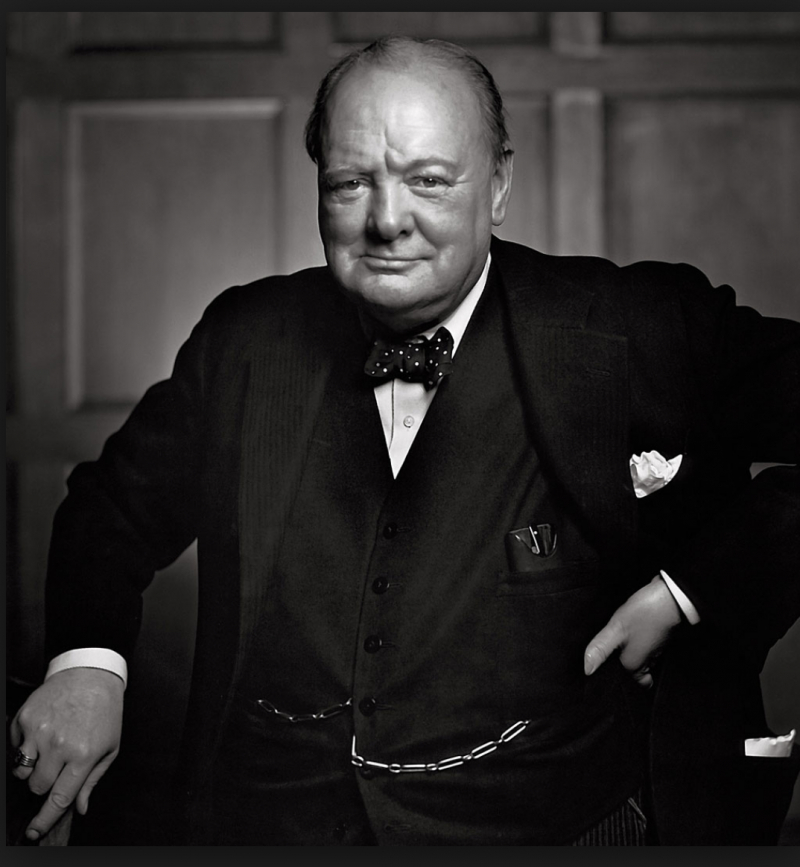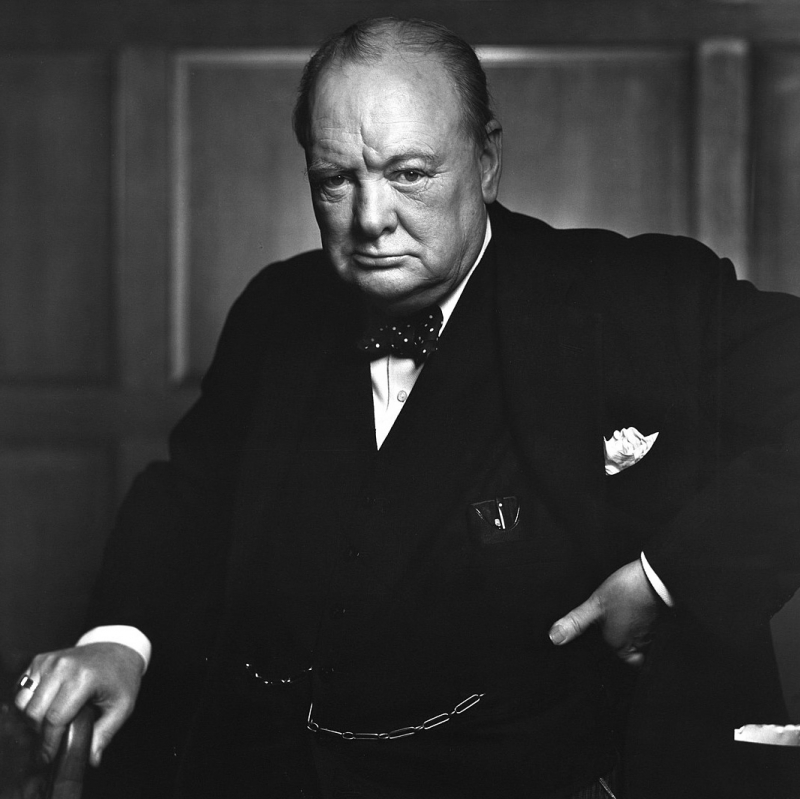Winston Churchill escaped from his captors during the Boer War
Winston Churchill visited South Africa in 1899 while serving as a correspondent for the British Morning Post. He was riding in an armored train when Boer soldiers shelled it in October. Churchill escaped the derailment of the train and was taken prisoner by the Boers, who kept him as a prisoner of war in a camp in Pretoria. Churchill, who was barely 25 at the time, was unconvinced. He managed to leave the camp in December. Winston had intended to leave the camp with two other people, but due to unforeseen events, he was left alone outside the camp after scaling a wall that was concealed by a toilet. He was also unsure of how to go to safety.
Churchill took a train through the night by hiding in a coal car after traveling by foot to Pretoria. He hid along the railroad during the day and returned at night to board another train. He started to walk when there were no trains in the area. He went in this way every day for more than a week, evading searchers on the trains by delving far into the coal. He eventually made it to safety in the British-occupied region, where his successful escape earned him a lot of fame and recognition. He had been thoroughly sought after by the Boers, in part due to his own daring before making his getaway.
Churchill had left a note for his former captors behind. He questioned their right to imprison a noncombatant like him as a prisoner of war. Churchill responded in an acerbic manner to the Boer Under-Secretary of War, "Regretting that circumstances have not permitted me to offer you a personal farewell, Believe me, Yours sincerely, Winston S. Churchill," in his letter. He became instantly well-known on both sides of the Atlantic as a result of the news of his escape, which also helped advance his political career.
Born: Winston Leonard Spencer Churchill 30 November 1874Blenheim, Oxfordshire, England
Died: 24 January 1965 (aged 90)London, England












